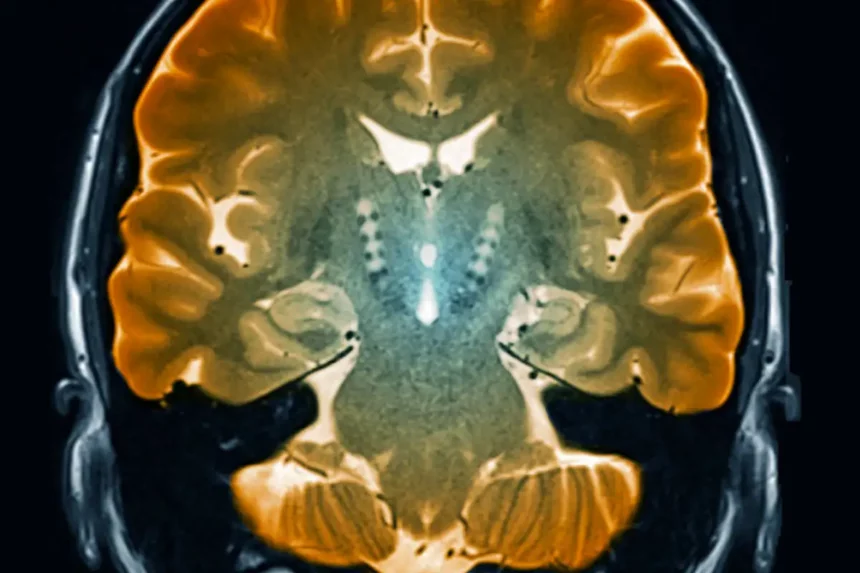Previous research has linked the bacterial genus Desulfovibrio to Parkinson’s disease (PD), and found that a higher number of these bacteria is associated with more severe symptoms. The Chinese team reached the same conclusion after conducting their own version of the study.
Professor Saris’s lab set out to test whether or not the Desulfovibrio strains typically found in patients actually contribute to the development of Parkinson’s disease.
The most recent study by the same team, published in Frontiers in Cellular and Infection Microbiology, found that the strains found in PD patients significantly increase -synuclein protein aggregation in a PD model organism. This study employed the nematode Caenorhabditis elegans as a model organism.
Desulfovibrio strains isolated from healthy subjects did not exhibit the same effect on -synuclein aggregation, the study found. In contrast, the Desulfovibrio strains caused larger aggregates in patients with Parkinson’s disease.
“Taking into account that aggregation of alpha-syn is a hallmark of PD, the ability of DSV bacteria to induce alpha-syn aggregation in large numbers and sizes, as demonstrated in the present study, provides further evidence for the pathogenic role of DSV bacteria in PD,” the authors stated in their report.


